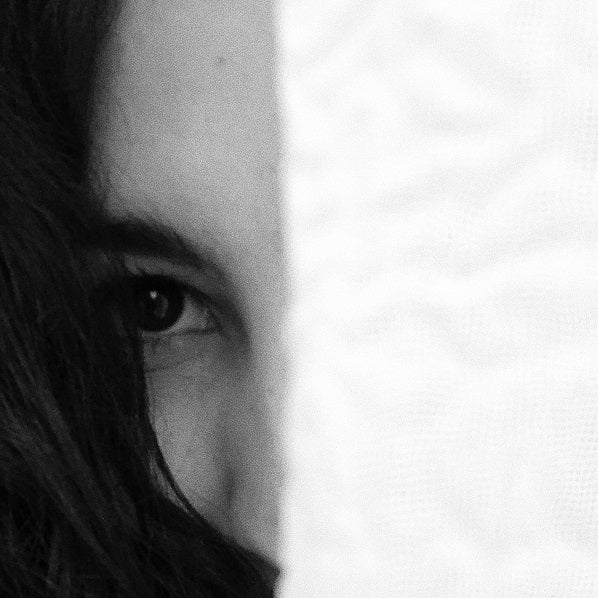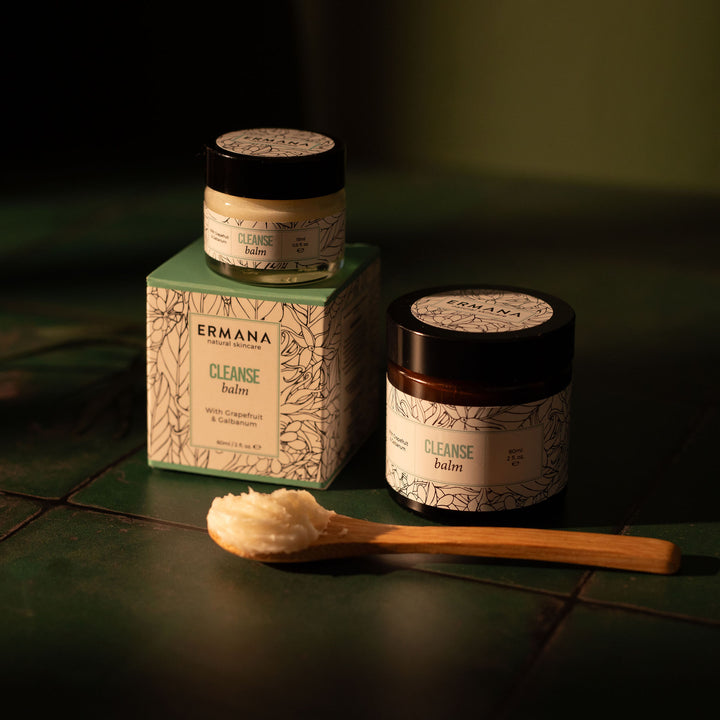
One of the advantages of getting older should be that we no longer have the worry of breakouts like the ones we suffered as teenagers. However, acne is becoming increasingly more common in adults, with up to 20% of women and 8% of men over the age of 25 affected. In the UK, acne accounts for more than 3.5 million GP appointments per year.
Acne can have a significant impact on various aspects of people’s lives, which should not be underestimated or trivialised. According to Acne Support ,over half of people who have ever had acne feel it has affected their self-confidence and has had a negative impact on their social interactions.
WHAT IS ACNE?
Our sebaceous (oil-producing) glands are affected by our hormones. In people who have acne, the glands are particularly sensitive, even to normal blood levels of these hormones. This causes the glands to produce too much oil. At the same time, the lining of the pores (the small holes in the skin’s surface) becomes thickened and dead skin cells are not shed properly. A mixture of the oil (sebum) and dead skin cells builds up and plugs the pores producing blackheads and whiteheads. The plug of dead skin turns black from exposure to air and not due to dirt.
The acne bacteria (now known as Cutibacterium acnes) live on everyone’s skin, usually causing no problems. However, in those with acne, the build-up of oil creates an ideal environment for the bacteria to multiply. This is accompanied by inflammation which leads to the formation of red, swollen or pus-filled spots.
WHAT IS HORMONAL ACNE?
During puberty, hormonal acne often appears in the T-zone. This includes your forehead, nose, and chin. Hormonal adult acne typically forms on the lower part of your face, including the bottom of your cheeks and around your jawline.
For some people, hormonal acne can take the form of blackheads, whiteheads, and small pimples that come to a head, or cysts. Cysts form deep under the skin and don’t come to a head on the surface. These bumps are often tender to the touch.
WHAT CAUSES HORMONAL ACNE?
As its name suggests, this form of acne appears due to an imbalance of hormones. Some women experience acne during menopause. This is likely due to a drop in oestrogen levels or an increase in androgen hormones like testosterone.
When the levels of testosterone are increased, the skin reacts by producing more oil – this excess oil can then block pores, leading to blemishes and acne.
And, while it can appear at any age, hormonal acne usually affects people in their twenties to forties. Stress, dietary issues, lack of exercise and a lack of sleep can also trigger acne.
WHAT PREVENTATIVE MEASURES CAN I TAKE?
The main culprits of acne are inflammation and bacteria.
Certain foods such as sugar, dairy, caffeine, and red meat can increase inflammation so switching to a plant-based diet which includes leafy greens, berries and avocados will help to calm your skin. Stress also plays a big part, so it is important to work at reducing stress levels, exercise undoubtedly helps.
HOW CAN I TREAT HORMONAL ACNE
Consistency is the number one rule when it comes to treating hormonal acne, so find a skincare routine that works and stick to it; cleanse, tone and nourish twice daily and after exercise. Use products that are natural and don’t be tempted to overload the skin as this can cause more problems.
CLEANSE
- Avoid foaming cleansers as these can be too drying and affect the ph balance of your skin. If the skin becomes too alkaline then this will encourage bacteria to breed.
- Use plant-based oil and balm cleansers , like Ermana Refine and Cleanse as these will dissolve excess oil, remember oil dissolves oil.


TONE
- Avoid alcohol-based products as these can strip the skin of its natural oils which are essential for good skin health
- Try using our Hydrate organic rose water or other hydrolats which will reduce inflammation, and cleanse while locking in moisture.

NOURISH
- Avoid heavy creams that could block pores, also stay away from mineral oils.
- Try a plant based face oils, like Renew or Revive, these work in harmony with your skin and will balance and nourish the skin.


TREATMENTS
- Try using a clay mask once a week to help draw out impurities
- Gently exfoliate the skin regularly to help unblock pores, our organic cotton muslin face cloth works well when used while cleansing.
Unfortunately there is not one cure for all when it comes to acne however by simplifying your skincare routine and treating the whole body, inside and out, you will be a step closer to clear, glowing skin.

